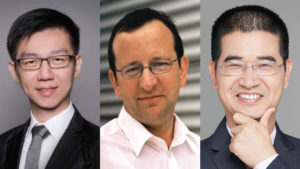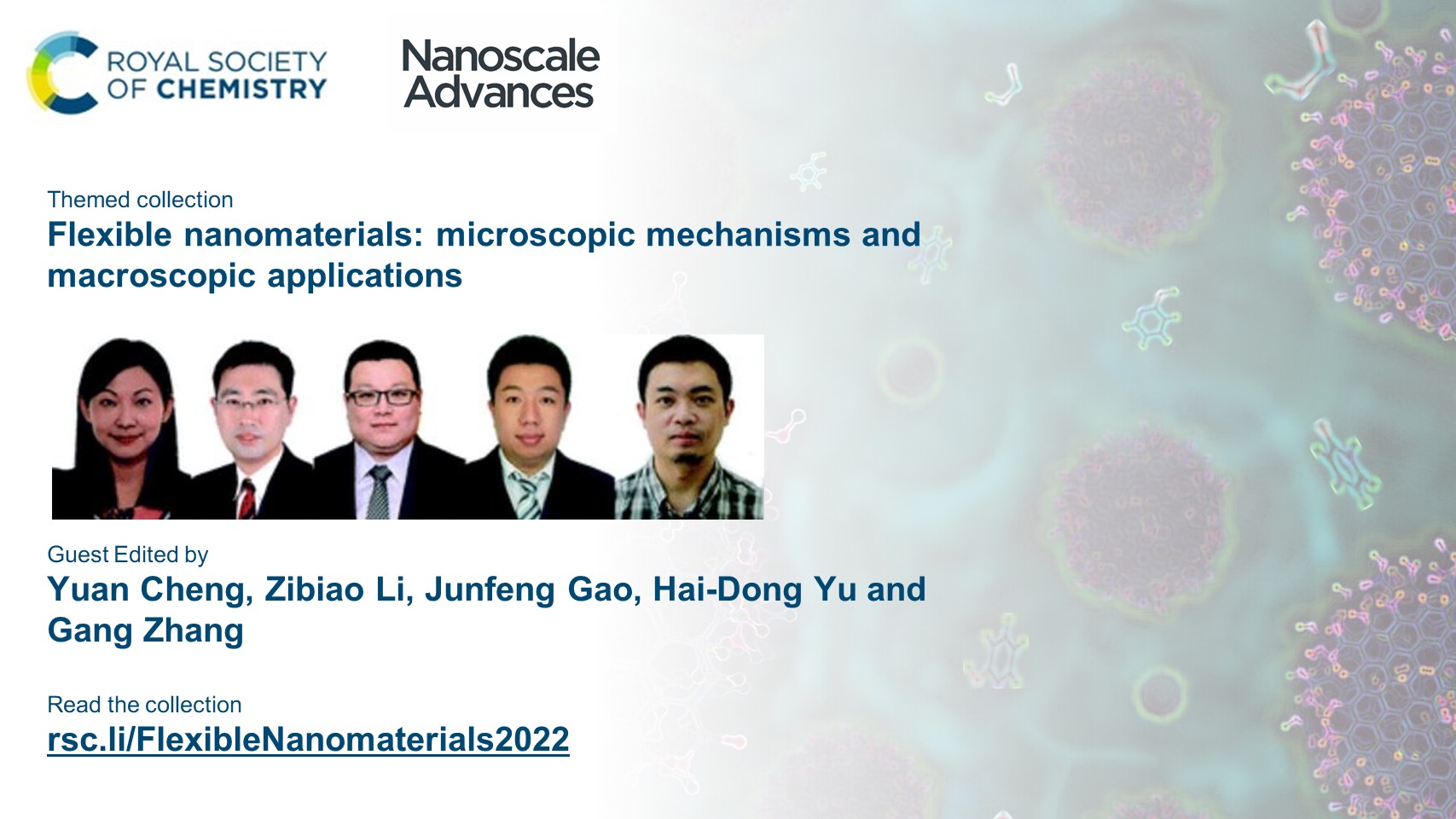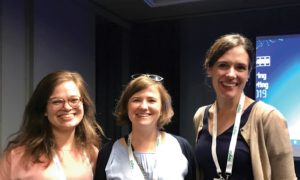Advanced Nanomaterials for Energy Conversion and Storage
Guest edited by Wee-Jun Ong, Markus Antonietti and Nanfeng Zheng

We are delighted to introduce a new themed online collection on the application of nanomaterials for energy conversion and storage. This collection focuses on the use of advanced strategies such as rational size/facet control, structural/defect engineering, atomic modification, and construction of nanohybrids that can regulate the geometric and/or electronic property of the active sites to improve the performance of nanomaterials toward energy conversion and storage.
Here is a selection of articles from this collection. All articles are free to access until the end of July 2021.
Recent advances in engineering active sites for photocatalytic CO2 reduction
Yanan Bo, Chao Gao and Yujie Xiong
Nanoscale, 2020, DOI: 10.1039/D0NR02596H
Inducing rapid polysulfide transformation through enhanced interfacial electronic interaction for lithium–sulfur batteries
Chao Shen, Kun Zhang, You You, Hui Wang, Ruiqi Ning, Yaqin Qi, Nan Li, Cuimin Ding, Keyu Xie and Bingqing Wei
Nanoscale, 2020, DOI: 10.1039/D0NR02429E
The role of carbon dots – derived underlayer in hematite photoanodes
Qian Guo, Hui Luo, Jifang Zhang, Qiushi Ruan, Arun Prakash Periasamy, Yuanxing Fang, Zailai Xie, Xuanhua Li, Xinchen Wang, Junwang Tang, Joe Briscoe, Magdalena Titirici and Ana Belen Jorge
Nanoscale, 2020, DOI: 10.1039/D0NR06139E
Tubular assemblies of N-doped carbon nanotubes loaded with NiFe alloy nanoparticles as efficient bifunctional catalysts for rechargeable zinc-air batteries
Xiaoying Xie, Lu Shang, Run Shi, Geoffrey I. N. Waterhouse, Jiaqi Zhao and Tierui Zhang
Nanoscale, 2020, DOI: 10.1039/D0NR02486D
We hope you enjoy reading this collection.
















 We are delighted to introduce a new themed online collection on the recent advances in plasmonics. This collection is dedicated to the integration of experimental and in silico studies for the advances in plasmonics and for innovative development of efficient plasmonic-based applications in a variety of different fields.
We are delighted to introduce a new themed online collection on the recent advances in plasmonics. This collection is dedicated to the integration of experimental and in silico studies for the advances in plasmonics and for innovative development of efficient plasmonic-based applications in a variety of different fields.
 We are delighted to introduce a new themed online collection featuring new studies taking advantage of in situ synchrotron and neutron techniques. The wide variety of methods and approaches to data analysis applied illustrates the many options synchrotron and neutron methods now provide to chemists.
We are delighted to introduce a new themed online collection featuring new studies taking advantage of in situ synchrotron and neutron techniques. The wide variety of methods and approaches to data analysis applied illustrates the many options synchrotron and neutron methods now provide to chemists. “Characterization of nanomaterials is of crucial importance as it allows us to get insights on the fundamental properties of novel materials and to tailor them for applications. Optical spectroscopy, amongst all techniques, allows simple and quick inspection of such properties, hence it has been widely applied to nanomaterials.
“Characterization of nanomaterials is of crucial importance as it allows us to get insights on the fundamental properties of novel materials and to tailor them for applications. Optical spectroscopy, amongst all techniques, allows simple and quick inspection of such properties, hence it has been widely applied to nanomaterials.